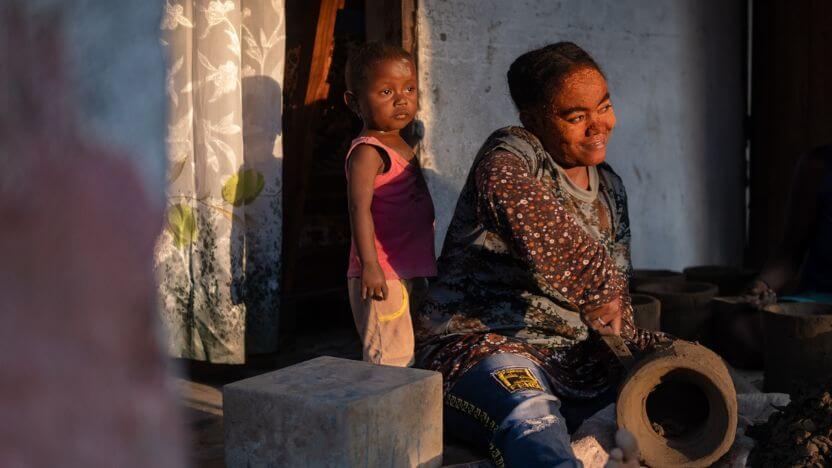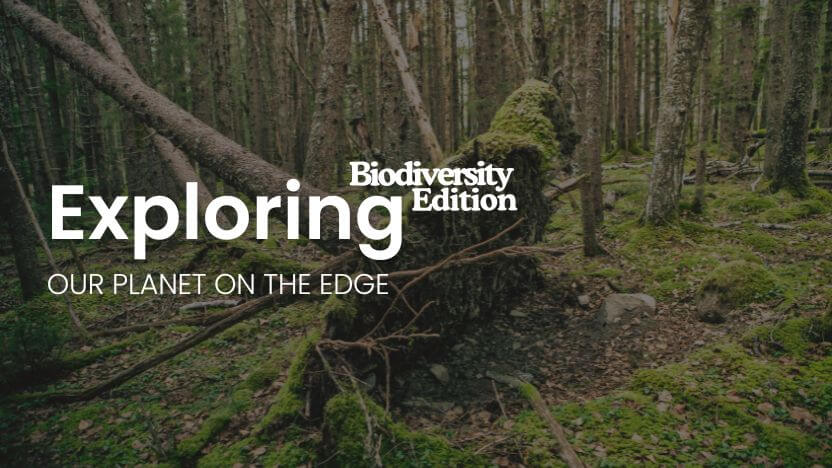The story of how we turned a health and environmental crisis into a story of energy, dignity, and opportunity.

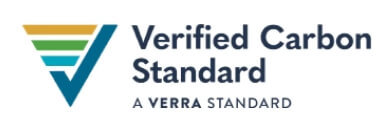

Location
Tulear, Madagascar
Standards
VCS – Verified Carbon Standard
SDVISta – Sustainable Development Verified Impact Standard
project documents
Cookstoves distributed
13,963
Registry ID
3935
The project in a glance
Cooking change into everyday life
Because food prepping is a vehicle for freedom

Baseline scenario
In southern Madagascar, nearly 100% of households cook over open fires—consuming wood and charcoal,
polluting homes, and degrading forests.
DRIVERS
The introduction of 13,000 improved cookstoves across 8 villages, reducing smoke, saving time, and protecting
forests from overexploitation.
OUR SOLUTIONS
Locally produced clean cookstoves, job creation for women, carbon finance, and complementary access to clean water.
OUTCOMES
Avoided emissions, healthier homes, women-led businesses, and restored time and safety for thousands of families.
BASELINE SCENARIO
A sustainable way to empower people
Core goals
Stopping deforestation
Limiting pollution and consumption of charcoal
Making cooking more efficient and safer for the people
In the drylands of southern Madagascar, the forest is disappearing and smoke fills the air inside homes.
Open-fire cooking remains the only option for most families. An invisible crisis affecting health, forests, and daily life.
Angovo Maharitra, meaning ‘sustainable energy’ in Malagasy, is changing this.

DRIVERS
From smoke and scarcity to safety and strength
Cooking over open flames was never just about food. In Tulear, it meant hours lost collecting wood, toxic
smoke in the lungs of children, and forests cut faster than they could grow.
CCC partnered with Madaprojects, a local organization to flip the script—training women, delivering stoves, and backing it all with a carbon finance model that turns climate action into lasting community benefits.
1
Health risks
Traditional stoves pollute indoor air, causing respiratory illness—especially among women and children.
2
Forest pressure
Heavy reliance on wood and charcoal accelerates deforestation and ecosystem degradation.
3
Gender inequality
Women carry the burden of cooking and fuel collection, limiting time for education or income generation.
4
Lack of access
In remote villages, clean cooking solutions are nearly non-existent.
13,963
households engaged
25,948
ton / year of CO2 emissions avoided
SOLUTIONS
Empowering women through energy, enterprise, and health.
Improved cookstoves
Locally produced stoves reduce daily wood consumption and protect surrounding forests.
Emissions are significantly lowered while improving air quality in homes.
Kitchens become safer and healthier without compromising on traditional cooking needs.

Job creation
Women trained to build high-efficiency cookstoves locally.
Women lead microenterprises that generate income and foster financial independence.
Each stove sold becomes a step toward stronger, more self-reliant communities.

Community distribution
13,900 improved cookstoves have been distributed across 8 rural villages.
Thousands of families now cook with cleaner energy every day.
Reduced time spent collecting firewood gives back hours for education, work, and rest.

Beyond carbon
Abandoned water towers have been restored to provide safer and more reliable access to clean water.
These improvements enhance health outcomes and ease daily routines for entire communities.
Though not monetized through carbon credits, their impact is tangible and lasting.

OUTCOMES
We brought clean energy into the heart of the community
- ~25,000 tons of CO2 avoided every year
- Reduced pressure on surrounding forests
- Cleaner air for 13,900 households
We turned women into leaders of change
- Women-led production and distribution
- New microenterprises launched
- Restored dignity, income, and self-reliance
We deliver more than carbon credits
- Clean water access revocering old unsue water towers
- Cleaner kitchens, healthier families
- Community ownership of long-term solutions



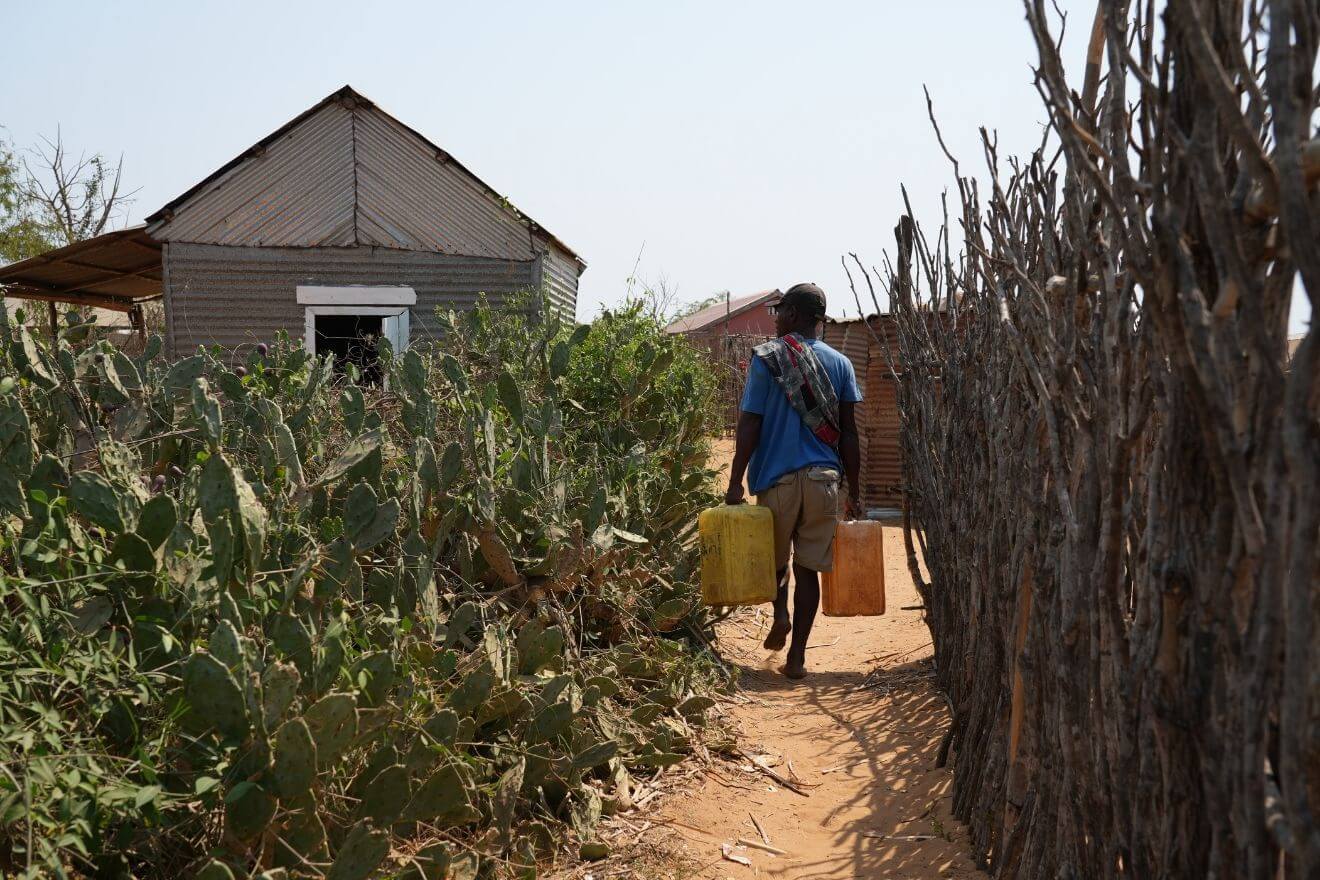

SDGs goals
The project will contribute to the achievement of the following Sustainable Development Goals outlined in Agenda 2030.
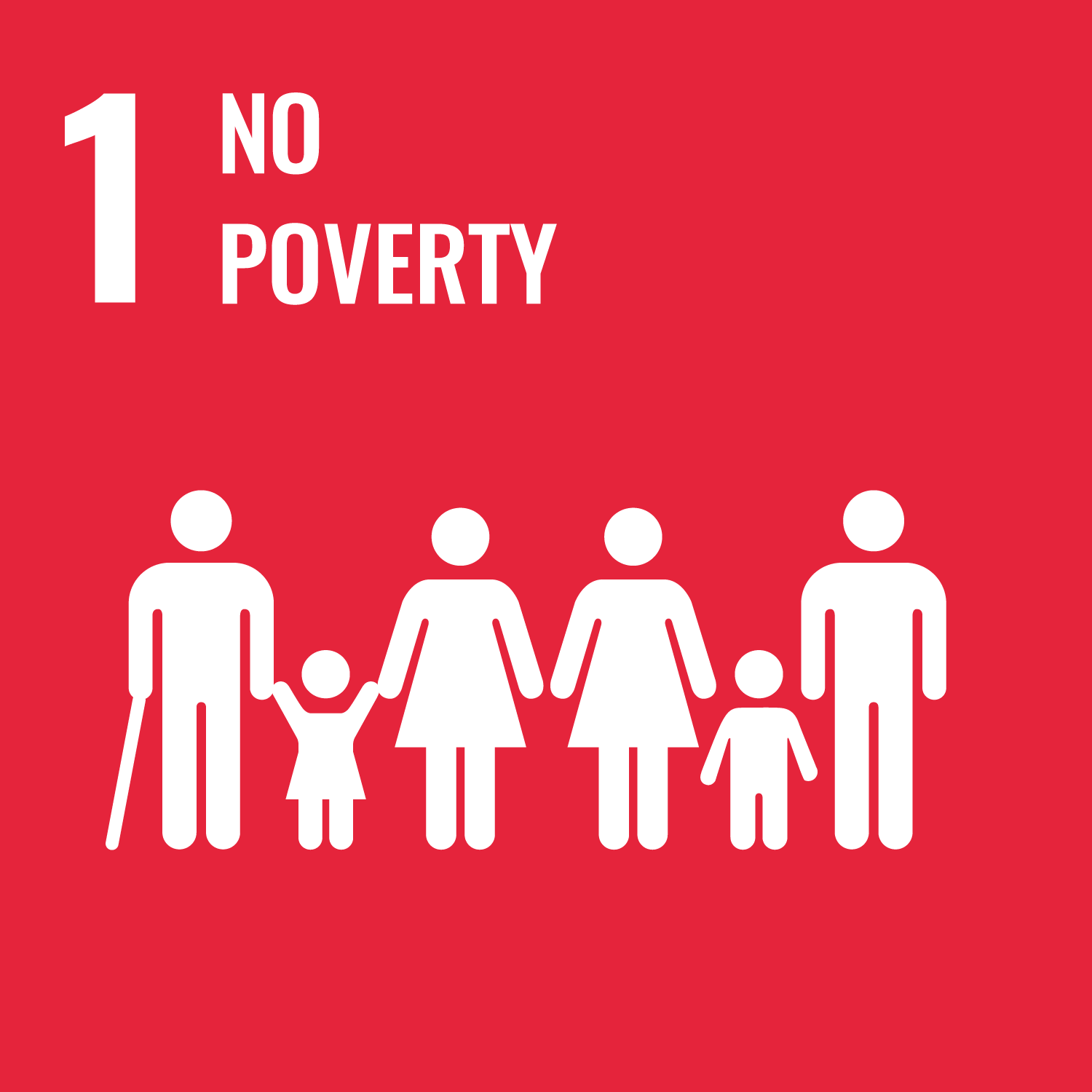
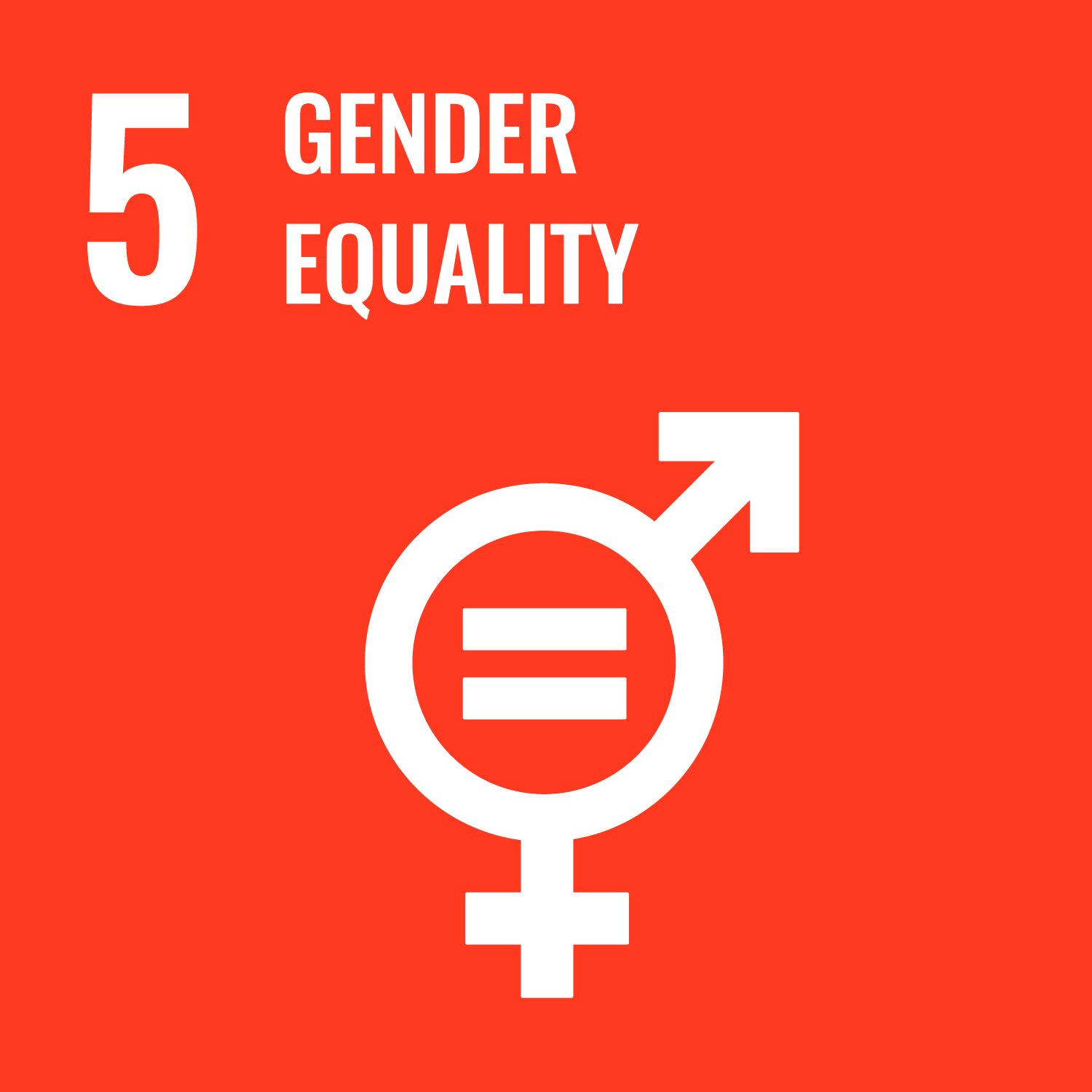
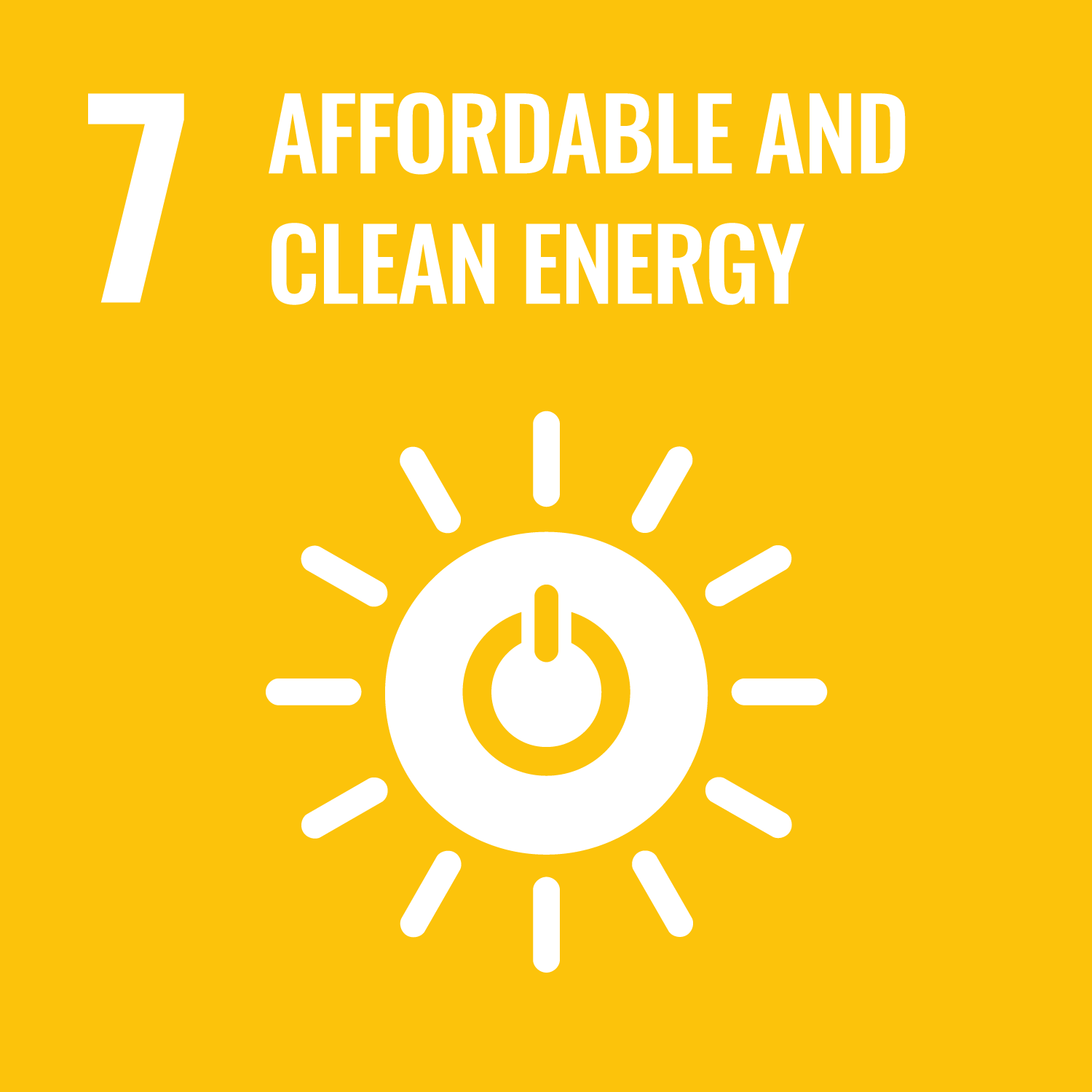
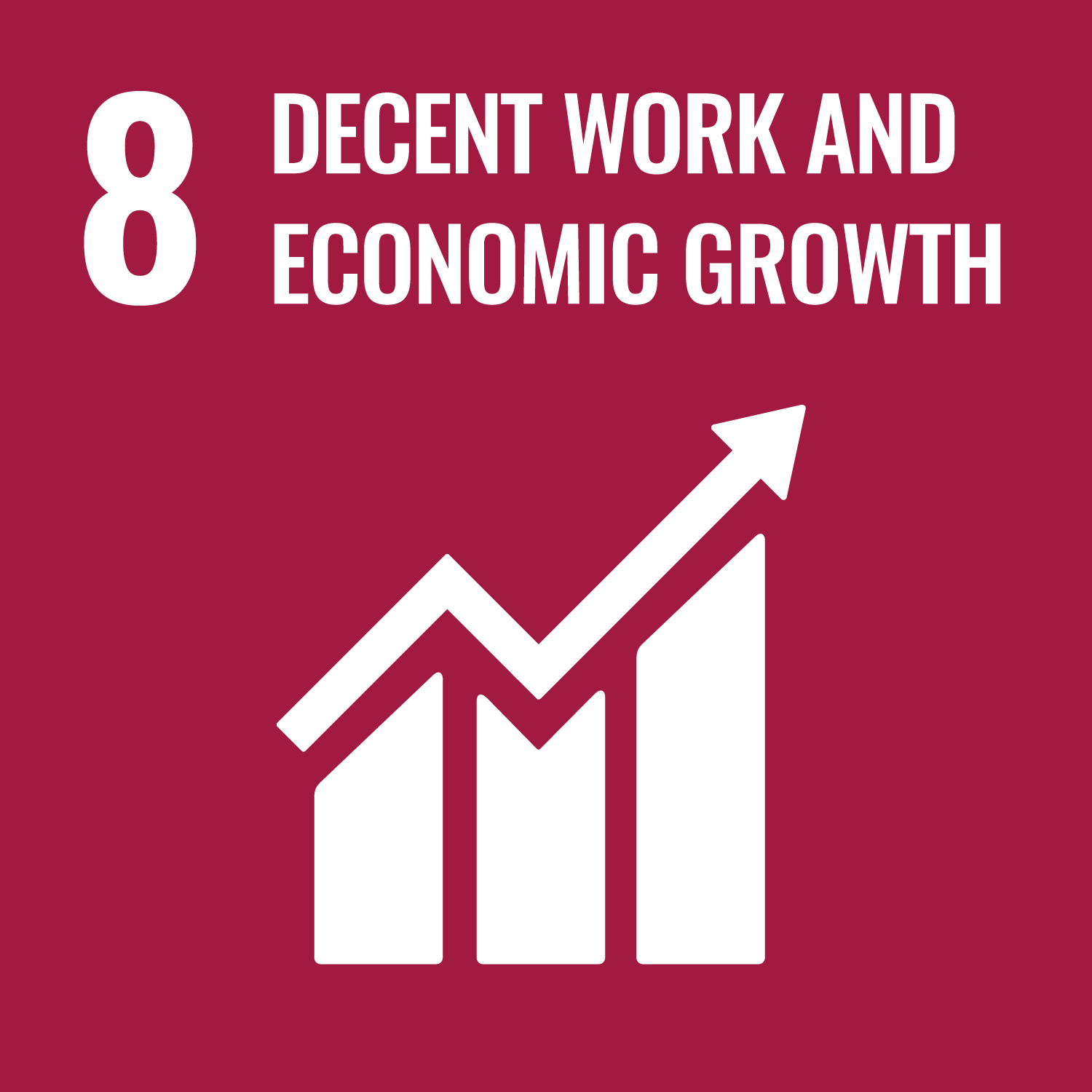
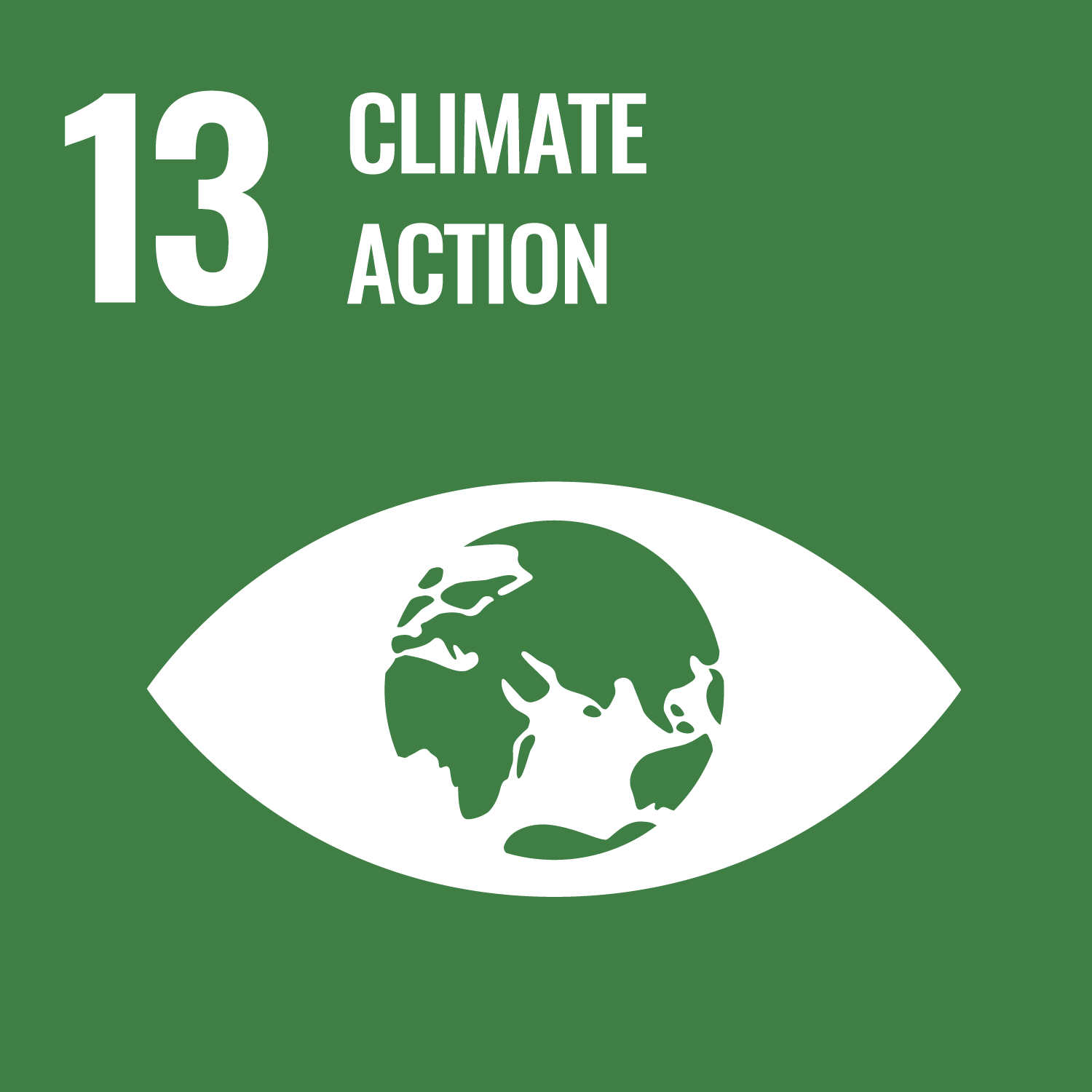
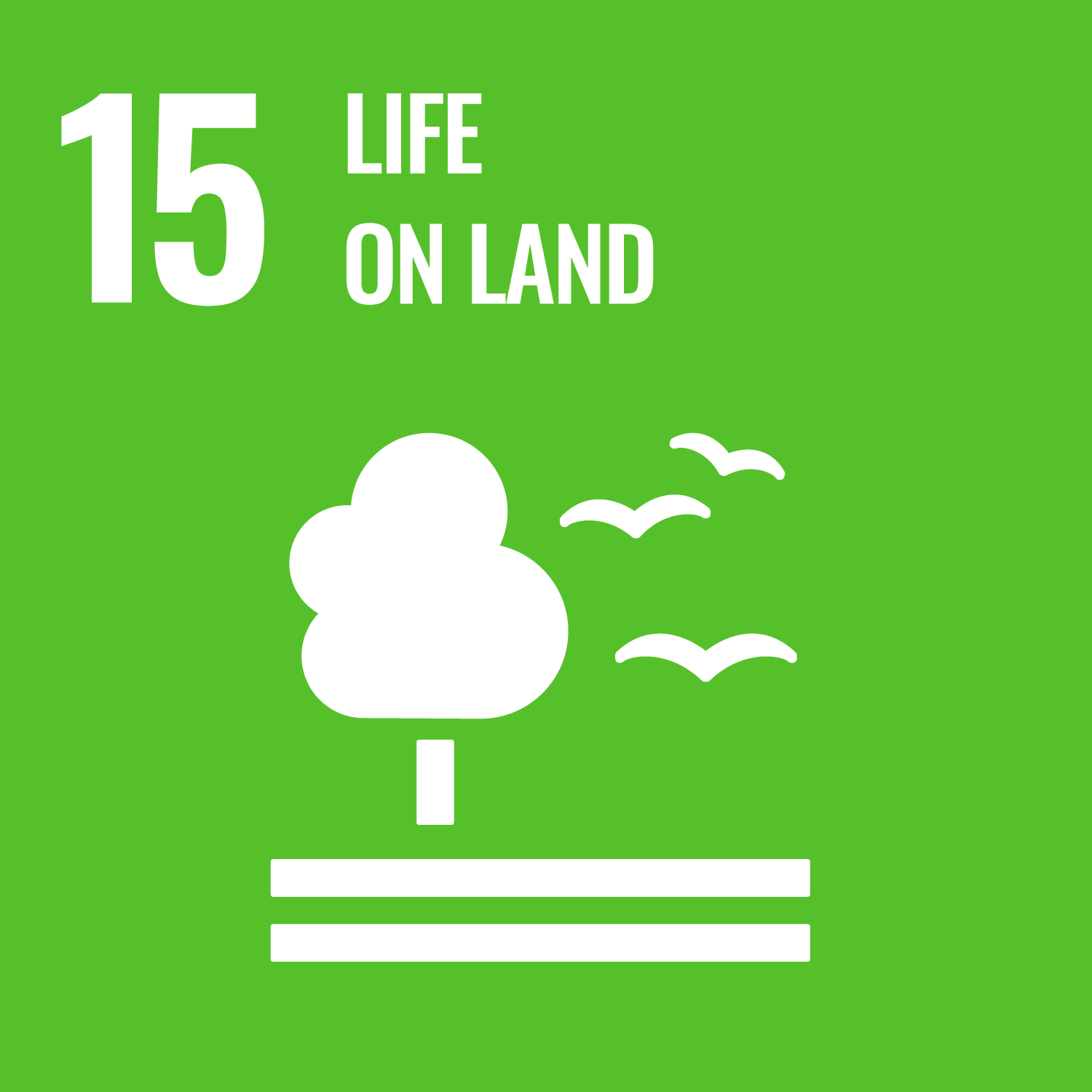
Insights
dive deeper in the project
Community voices
09/06/2025
Women's Emancipation Through Efficient Cooking Systems
Insights
14/05/2025
Our Planet on the Edge
